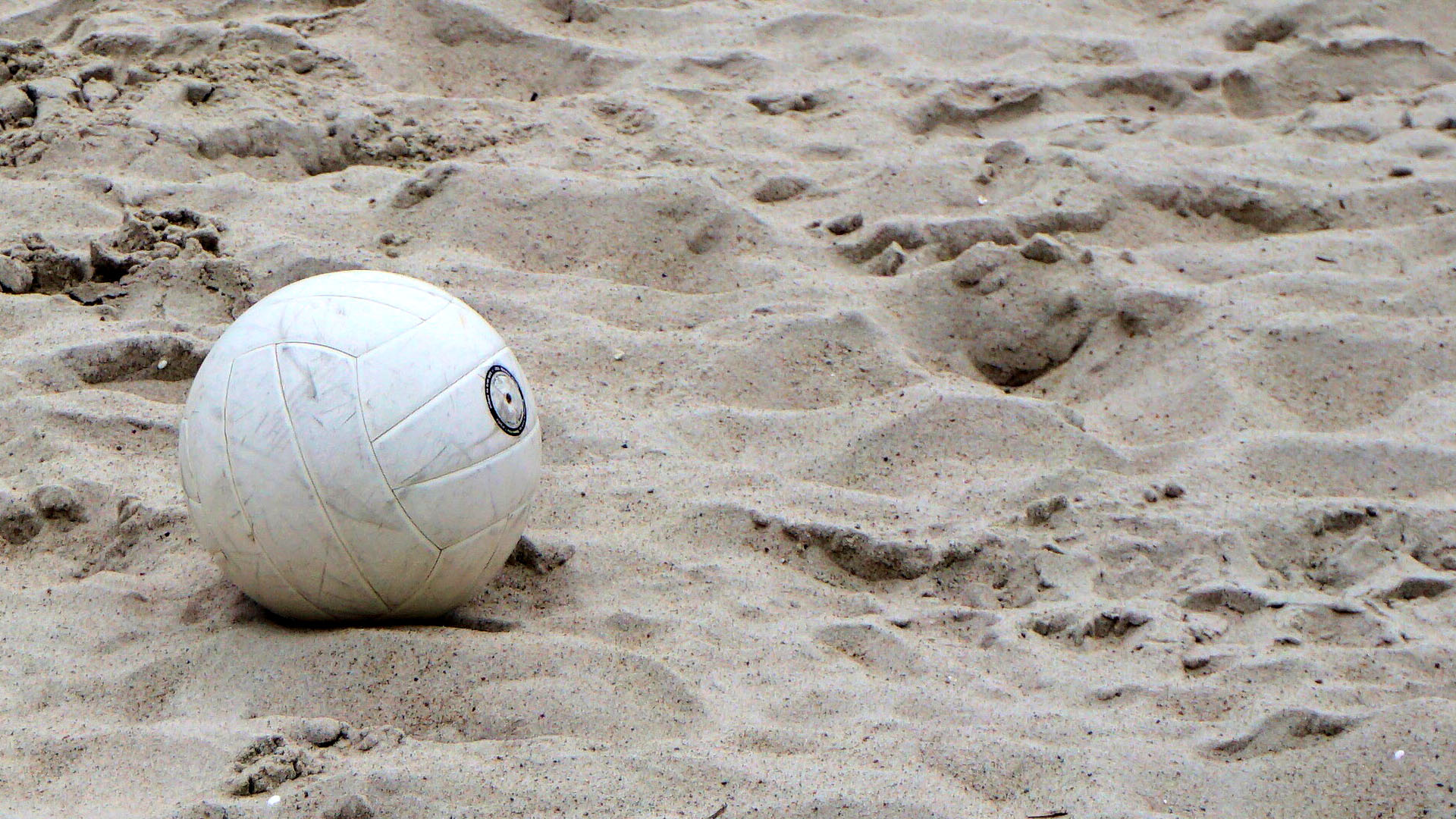Honouring Mistakes
Learning Objective
To understand the role of making and reflecting on mistakes as opportunities for learning and growth, and the development of better judgement.
Introduction
Openly sharing mistakes, acknowledging skill gaps, and admitting areas of limited awareness is a fundamental aspect of cultivating a growth mindset. Establishing a culture that values and destigmatizes mistakes plays a pivotal role in risk management, enabling individuals to glean insights not only from their own errors but also from those of their peers. Building trust within the team is a critical element in both honoring and learning from mistakes. Creating a secure atmosphere where team members feel comfortable admitting errors or seeking assistance establishes the groundwork for a supportive learning environment. The act of honoring mistakes is indispensable to the learning process and can be ingrained at all levels of outdoor leadership practice.
Within Organizations: Some outdoor organizations, such as American Whitewater, the National Outdoor Leadership School and the Association of Canadian Mountain Guides, have been successful in formalizing the practice of “honouring mistakes” through open reporting and examination of the details of incidents and near misses that occur in the field. This benefits not only the organization and individual guides, but also the larger outdoor community. This includes reporting of all incidents and near misses, open analysis of the decisions and events leading up to the incident or near miss, and internal and external reporting. We all benefit from the learning that comes from these reports – hopefully allowing us to avoid making the same mistakes ourselves, but also to have a better understanding of how situations develop in the first place.
If you are someone who supervises staff, or works in a training role, it’s important to recognize that staff behaviour is a product of the larger system and culture. This can also be applied to groups of participants. Decisions that happen in the field come from many factors. When a mistake has occurred, ask yourself “Why did it make sense for that person to say/do/make that decision?” The reasons could be stress, policy, fear, organizational structure, etc. There are many reasons behind poor decisions that are not about the people being ‘bad’ or incompetent.

Individuals: As an individual and team member, fostering a mindset of Honouring Mistakes can be a powerful tool for growth. With Non-Event Feedback, we know that you may be setting yourself up for confirmation bias when you make decisions that don’t result in an incident. By being curious and using the tools presented in the section on Reflective Practice, you evaluate the decisions you have made through a ‘what if’ lens and increase your capacity for good judgement in risk environments.
Within Team Culture:
“The curse of knowledge is that it closes our minds to what we don’t know. Good judgment depends on having the skill—and the will—to open our minds. I’m pretty confident that in life, rethinking is an increasingly important habit. Of course, I might be wrong. If I am, I’ll be quick to think again.”
— Adam Grant, Think Again
Checkpoint: Stress Injury Mitigation
Activity – “I Dropped the Ball”
A creative approach to introduce a culture of honoring mistakes is through the “I Dropped the Ball” game. Participants stand in a circle holding a ball, recalling a past mistake, bouncing the ball before catching it. This activity encourages reflection on the mistake, its causes, and the lessons learned.
By embracing a culture that honors mistakes, you can in turn create a space where people can admit mistakes without judgement. This shifts our mindset towards normalizing mistakes as a normal and beneficial part of being human.
References
Grant, A. (2021). Think Again : The power of knowing what you don’t know (p. 35). Viking.
Only seeking out information that confirms one’s beliefs and ignoring information that does not results in Confirmation Bias.


